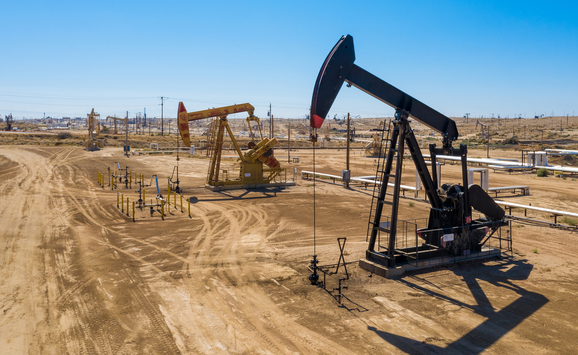At yesterday's hearing for the confirmation of US Representative Ryan Zinke (R-MT) to be secretary of the interior, there were few surprises and no significant deviations from President-elect Trump’s positions. Zinke endorsed Trump's idea of a “war on coal,” even as Senator Maria Cantwell (D-WA) made it clear that the main agent of that perceived warfare is cheap natural gas. She might also have added that the Clean Power Plan was not going to have much additional effect on coal’s competitiveness, and that Appalachian coal, where job loss has been most acute, has been losing out to more productive sources in the West for decades. Zinke did refer to clean coal technology (presumably carbon capture, utilization, and storage) as the way forward—and indeed, it is coal’s only way ahead.
Many of the Democratic committee members wanted to know Zinke’s views on climate change. Although not a denier (he cited the retreat of glaciers), he voiced uncertainty about the role of humans in causing such change and what to do about it. Based on my recent interest in what’s been termed the “new energy security paradigm” (which adds electricity and natural gas to concerns about oil, and adds terrorism, reliability, and resilience, as well as global warming, to the elements to address), a letter signed by Zinke in 2010 stating that "climate change is a threat multiplier and presents national security challenges” struck me as quite sensible, while not being inconsistent with his current position.
As for methane regulations in the oil and gas sector, the coal leasing moratorium, and the stream buffer rule to protect surface water and groundwater from coal operations, don’t expect much sympathy from Zinke—although he did not say he would end the coal leasing review and was very direct in his support of Americans getting fair market value for their coal. Finally, Zinke spoke the truth when he said that oil and gas development under current US regulations is better than oil and gas development in a foreign country without regulations. The extent to which this situation occurs is another matter—but such thinking is appropriate when we consider, for instance, export of US liquefied natural gas to India, if replacing dirty coal-fired power plants with natural gas plants is the outcome.





